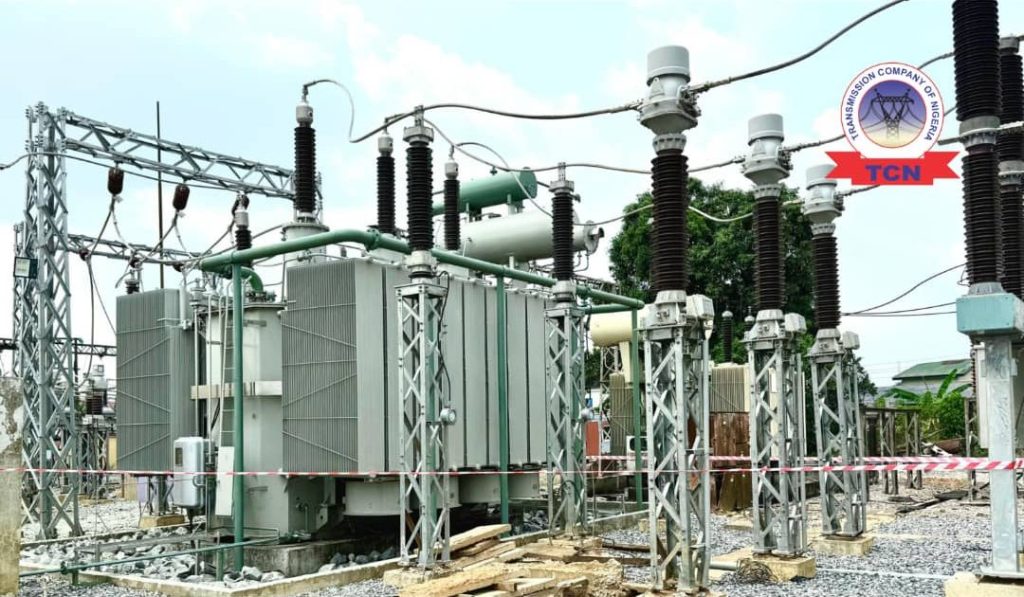The Association of Meter Manufacturers of Nigeria (AMMON) has leveled serious accusations against the Federal Government, alleging a pattern of prioritizing foreign firms over local manufacturers in lucrative power sector contracts. This favoritism, AMMON argues, undermines Nigeria’s industrialization goals and stifles job creation within the country. The crux of the issue revolves around a series of multimillion-dollar contracts for electricity meters, awarded to Chinese companies under a World Bank-funded program, despite the demonstrated capacity of Nigerian manufacturers to handle the demand.
AMMON points to a specific instance where the Transmission Company of Nigeria (TCN) awarded a contract exceeding $100 million to two Chinese firms for the supply of 1.25 million meters. This decision, according to AMMON, disregarded their prior warnings about the inefficiencies and slow pace often associated with foreign procurements. Their concerns appear to be validated by the fact that, over a year after the contract was signed, only 75,000 meters have been delivered, and none have been installed. This delay directly impacts efforts to resolve the ongoing liquidity crisis in the power sector, a crisis AMMON claims its members are actively addressing without government support.
Adding to their frustration, AMMON reveals that TCN is proceeding with a second World Bank-backed procurement of another 1.55 million meters, again favoring foreign companies. This move, they warn, further jeopardizes the local manufacturing industry. AMMON emphasizes the stark contrast in delivery timelines, highlighting their own performance in 2021, where local manufacturers supplied 1.7 million meters within 12 months – a feat unmatched by the foreign firms involved in the World Bank project, which delivered a mere 75,000 meters in 20 months. This discrepancy, AMMON argues, underscores the efficiency and capability of the local industry.
Beyond the immediate concern of lost contracts, AMMON stresses the broader economic implications of this preferential treatment. The organization, representing 40 certified local meter manufacturers and assemblers, asserts that its members possess a combined installed production capacity of six million meters annually, with over 250,000 compliant meters currently in stock. They highlight their track record, citing the supply of 2.6 million meters between 2020 and 2024, financed entirely locally at a cost of N353.7 billion. This robust local industry, they emphasize, directly employs over 10,000 Nigerians and indirectly supports another 30,000 jobs.
Despite their grievances, AMMON expresses optimism about President Bola Tinubu’s “Nigeria First Policy,” which prioritizes local content in government procurement. This policy mandates justification and waivers from the Bureau of Public Procurement before sourcing foreign goods or services. AMMON urges the government to fully implement this policy within power sector reforms, specifically the Nigeria Distribution Sector Recovery Programme and the Presidential Metering Initiative. They also advocate for National Competitive Bidding as the standard procurement mechanism to minimize capital flight and foster backwards integration.
Looking ahead, AMMON envisions Nigeria’s metering industry evolving from assembly to full manufacturing, potentially transforming the country into a regional export hub under the African Continental Free Trade Area (AfCFTA). They recognize the support from key figures like the Special Adviser to the President on Energy and the Minister of State for Industry in advancing the local content agenda. However, their core message remains a plea for the government to recognize and leverage the existing capacity within Nigeria’s metering industry, prioritizing local manufacturers to stimulate economic growth and job creation while ensuring efficient and timely project delivery. They await a response from the TCN regarding these concerns, hopeful for a shift in policy that will empower Nigerian businesses and strengthen the nation’s industrial base.














